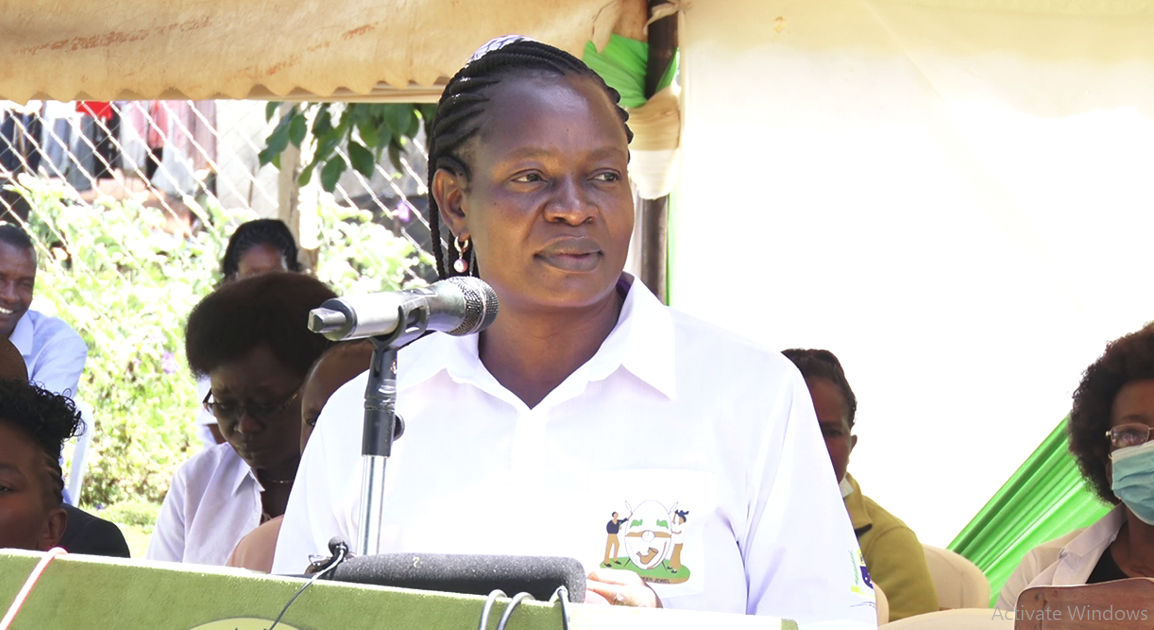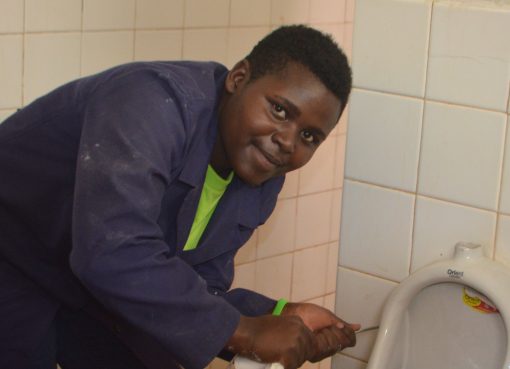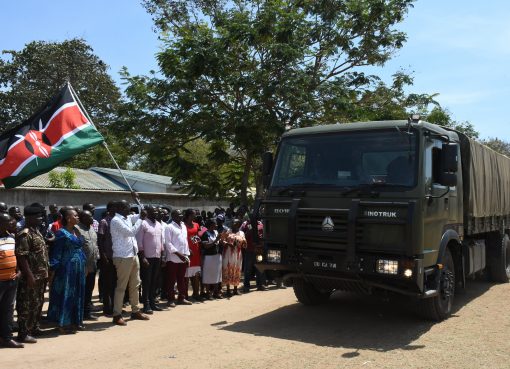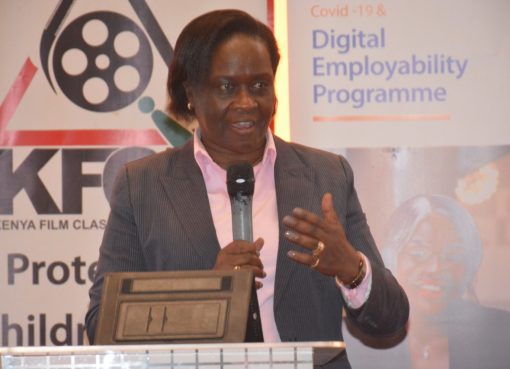Kakamega Governor’s Wife Professor Janet Kasili Barasa has challenged stakeholders involved in the fight against cancer to roll out screening camps at community and village levels to have a wider reach in the society.
She was speaking during the launch of cancer awareness month at Kakamega General Hospital Themed ‘Taking care of caregivers’ while observing the National’s theme Ending cervical cancer for a free generation.
Professor Barasa said healthcare providers will be among those undergoing screening against cervical cancer as most of them forget to do so while taking care of other patients.
“A lot of time cancer goes undiagnosed for most of the medical workers for instance a medic just realized she had a lump after going for retirement yet she has been working in the facility most of her entire life,” she noted.
This comes as the rising burden of cancer continues to worry with more new cases and deaths reported as stakeholders emphasize that when diagnosed early most of the cancers can be managed.
Last year, Kakamega lost 24 patients to cancer. Data from Kakamega Cancer Centre shows that five people died from cancer of the cervix, three to breast cancer, three to prostate cancer and 13 to cancer of the esophagus.
“A total of 1915 clients were screened last year against cancer of the cervix and another 1305 were screened for breast cancer,” Professor Barasa noted.
In Kenya cervical cancer is the second leading cause of cancer related deaths contributing to 10 per cent of all cancer deaths.
It accounts for 12.9% of the new cancer cases and 11.84% of all cancer deaths annually according to the UN 2021 cancer profile report.
Research shows that 99% of cervical cancer is caused by the Human Papillomavirus (HPV) which is sexually transmitted.
“The early signs and symptoms range from no symptoms to regular vaginal bleeding, vaginal discharge, chronic back and pelvic pain, bleeding after sex and bleeding even after achieving menopause. The late signs and symptoms of cervical cancer include weight loss, sweating at night, Kidney failure, backache and chest pain,” Professor Barasa noted.
This comes as stakeholders who include United States President’s Emergency plan for Aids Relief, the United States Agency for International Development(USAID), Jaramogi Oginga Odinga University of Science and Technology, USAID Boresha Jamii laud Kakamega county for its commitment to fight cancer.
According to the partners, Kakamega has 42 Thermal Ablation Machines, 6lip machines and other cryotherapy machines that, if utilized, can help in reducing cases of cancer deaths.
“It’s a good initiative that we really need to support one another to ensure that we screen early and those precancerous emissions we are able to treat in advance. Deaths from Cervical cancer are preventable through vaccination and through screening,” noted a statement from partners.
Kakamega has more than 300 health facilities, with more than 3500 healthcare workers.
More than half the number of healthcare workers are women of reproductive health.
By Moses Wekesa





